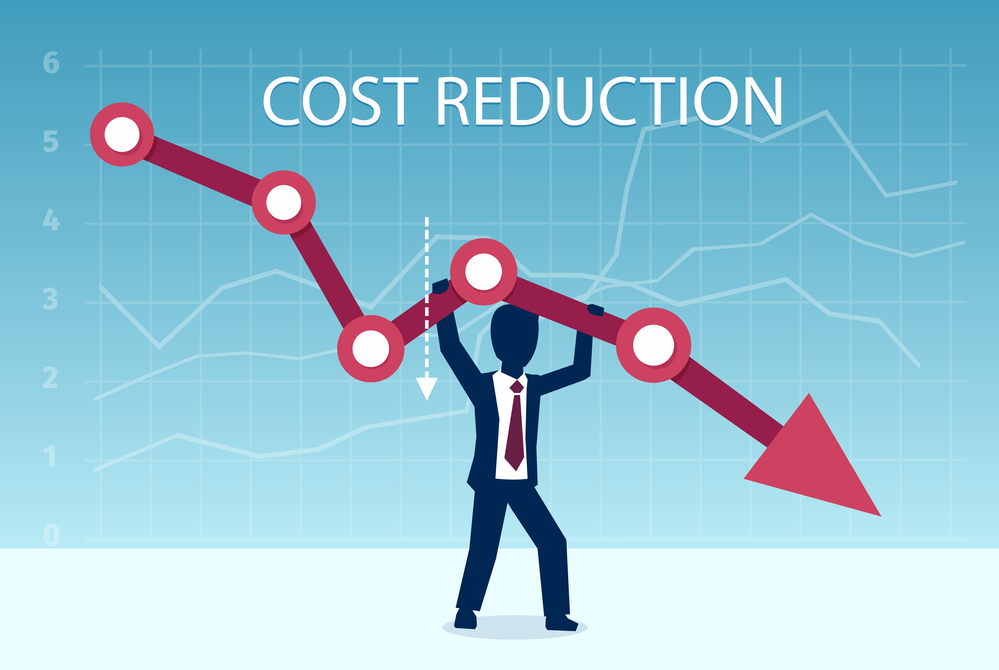Eight Ways CRM Software Can Help Reduce Costs for Your Business

- Improved Customer Retention: CRM software enables businesses to better understand their customers’ needs, preferences, and buying behaviors. By fostering stronger relationships and delivering personalized experiences, businesses can increase customer loyalty and reduce customer churn, which ultimately lowers the cost of acquiring new customers.
- Streamlined Sales Processes: CRM software automates and streamlines sales processes, including lead management, opportunity tracking, and sales forecasting. By providing sales teams with centralized access to customer data, insights, and communication tools, CRM software helps increase sales efficiency and productivity, reducing the time and resources spent on manual tasks.
- Targeted Marketing Campaigns: CRM software allows businesses to segment their customer base based on various criteria such as demographics, purchasing history, and engagement levels. By targeting specific customer segments with personalized marketing campaigns, businesses can improve campaign effectiveness and reduce marketing costs by focusing resources on high-potential leads and customers.
- Efficient Customer Support: CRM software centralizes customer support activities, including ticket management, case resolution, and customer communication. By providing support teams with access to comprehensive customer profiles and interaction history, CRM software helps resolve issues more quickly and efficiently, reducing support costs and enhancing customer satisfaction.
- Enhanced Cross-Selling and Up-Selling: CRM software enables businesses to identify cross-selling and up-selling opportunities by analyzing customer purchase patterns and behaviors. By recommending relevant products or services to existing customers, businesses can increase revenue per customer and maximize the lifetime value of their customer relationships, ultimately reducing the need to acquire new customers to drive growth.
- Better Inventory Management: CRM software integrates with inventory management systems to provide real-time visibility into product availability, stock levels, and order fulfillment status. By optimizing inventory levels and reducing stockouts and excess inventory, businesses can minimize carrying costs, improve cash flow, and enhance operational efficiency.
- Reduced Administrative Overhead: CRM software automates administrative tasks such as data entry, reporting, and workflow management, reducing the time and resources spent on manual processes. By streamlining administrative workflows and eliminating repetitive tasks, businesses can increase productivity, lower labor costs, and focus on higher-value activities that drive business growth.
- Data-Driven Decision Making: CRM software provides businesses with valuable insights and analytics derived from customer data, including sales trends, customer behaviors, and campaign performance. By leveraging data-driven insights, businesses can make informed decisions, optimize business processes, and allocate resources more effectively, ultimately reducing costs and maximizing profitability.
In summary, CRM software can help businesses reduce costs by improving customer retention, streamlining sales processes, targeting marketing campaigns, enhancing customer support, facilitating cross-selling and up-selling, optimizing inventory management, reducing administrative overhead, and enabling data-driven decision making. By investing in CRM software, businesses can achieve greater efficiency, effectiveness, and profitability across all aspects of their operations.



